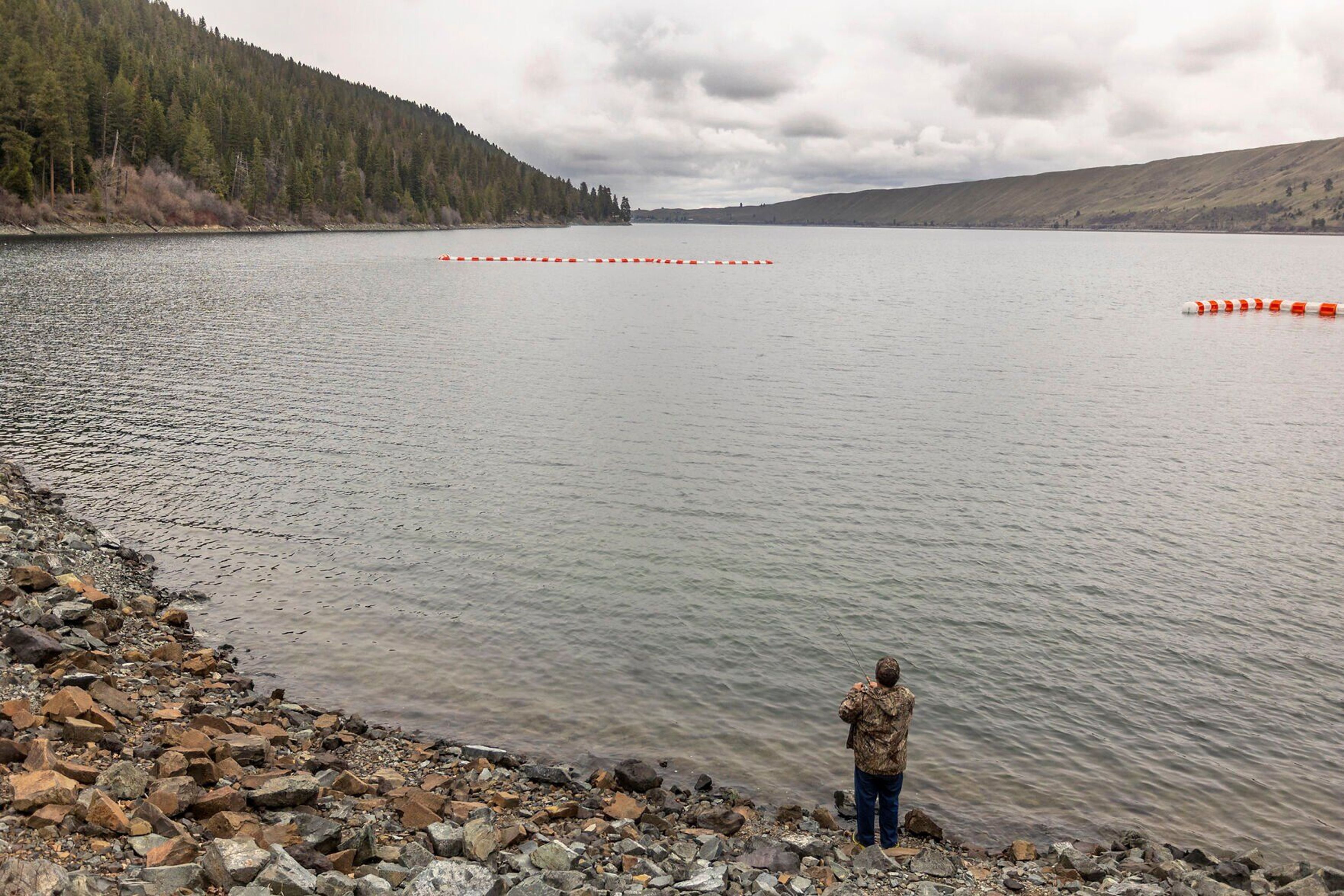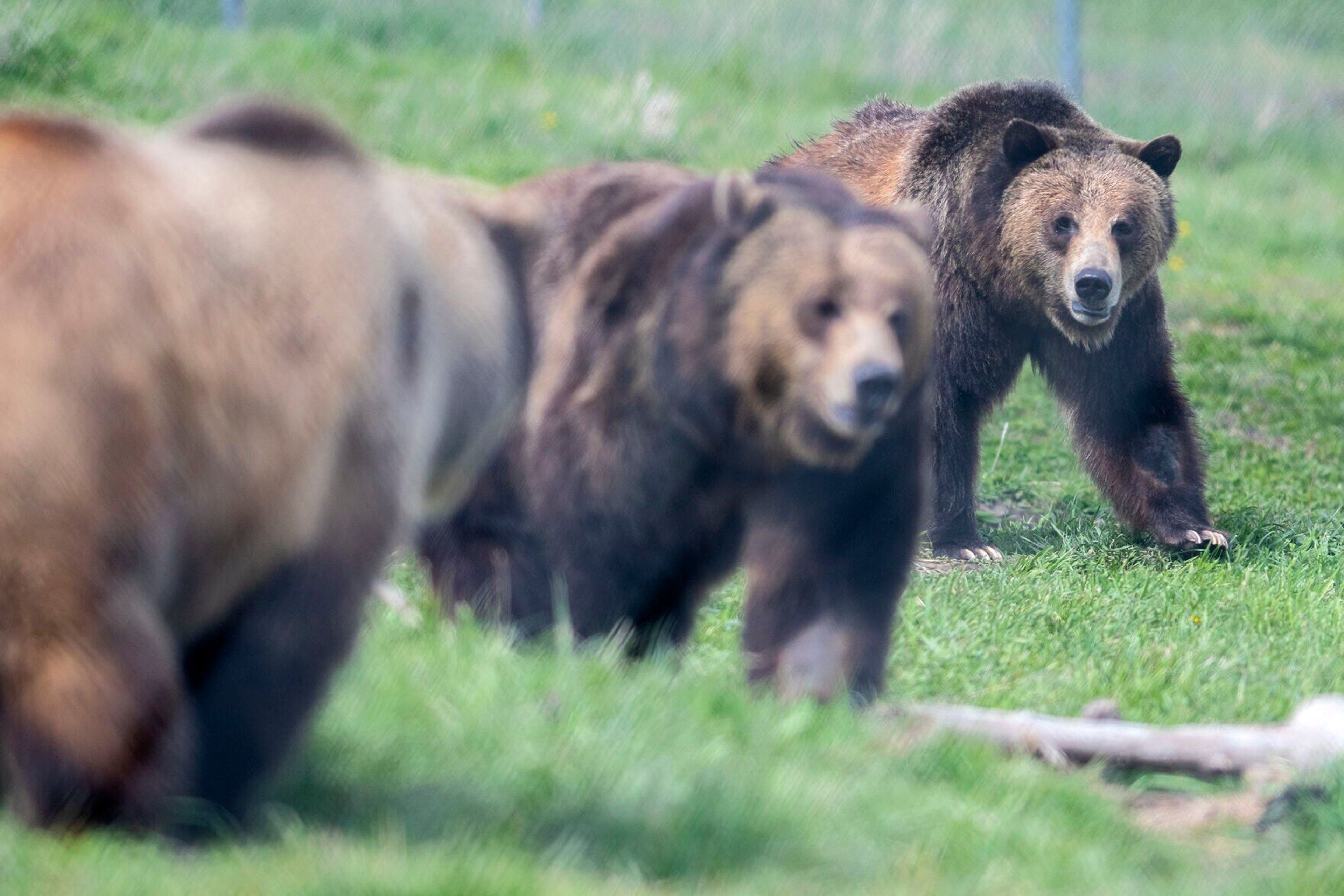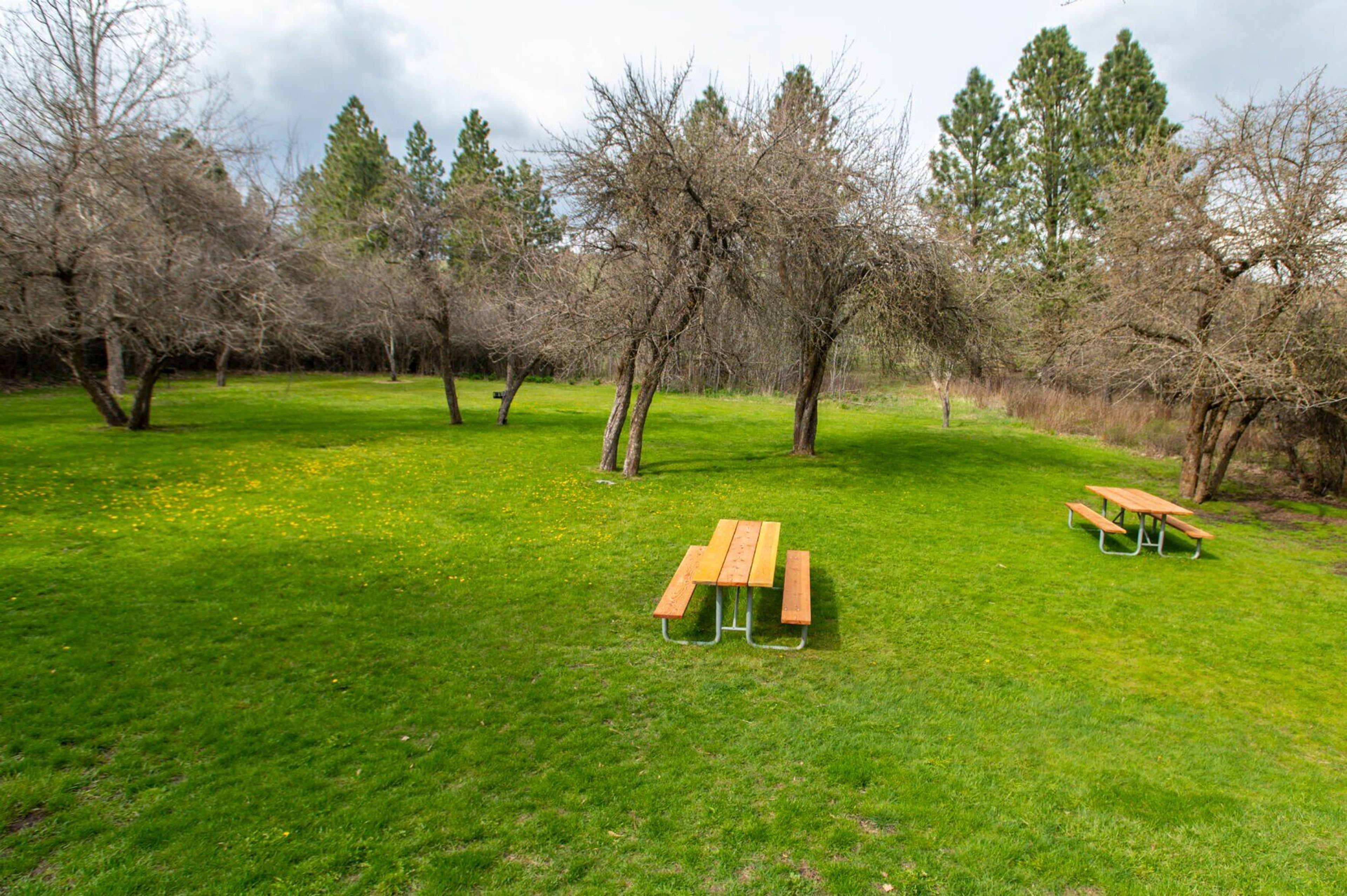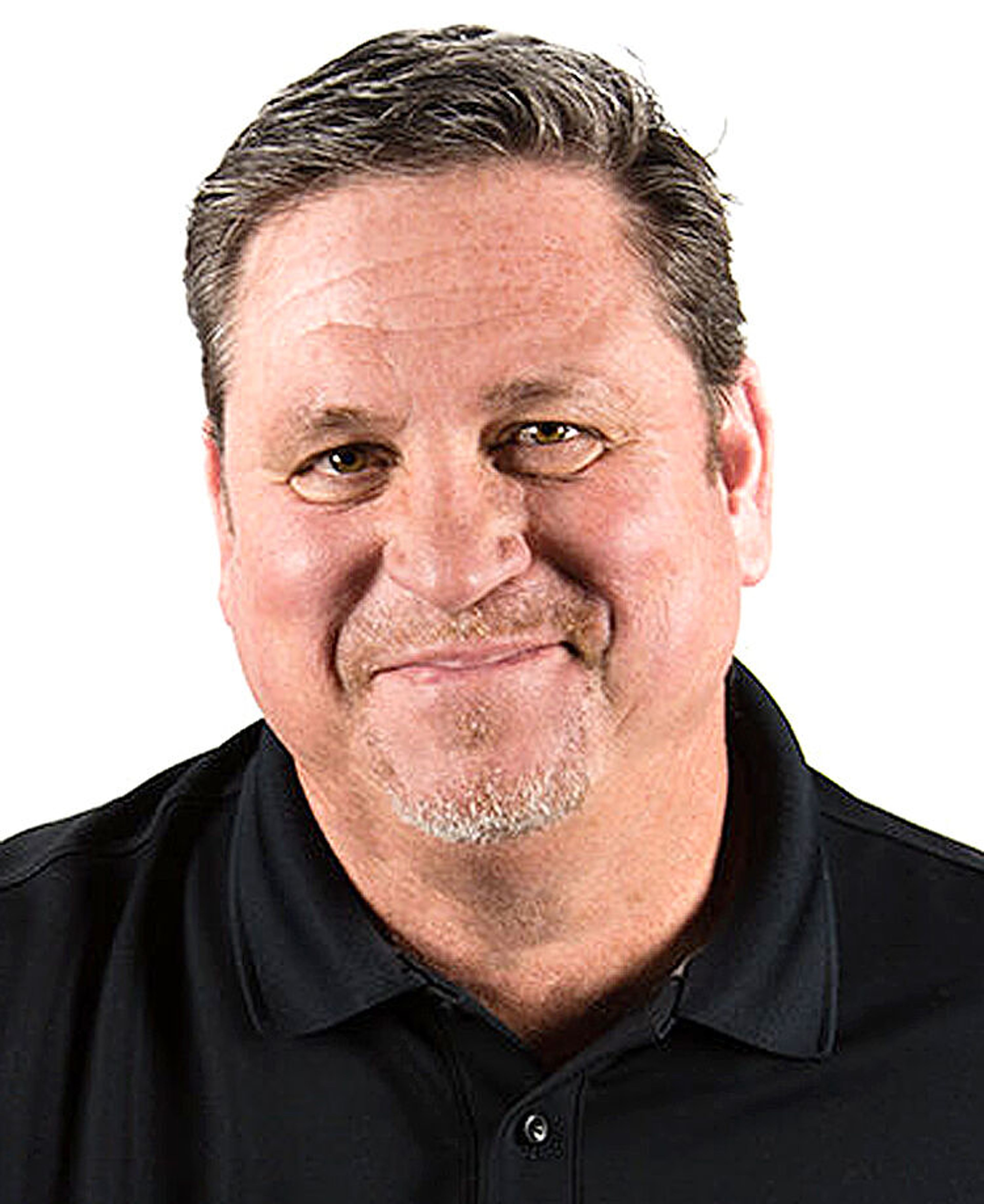The secret culture behind Cougar Gold
Developed more than 70 years ago by Norman Golding, WSU's famous cheese can't stay on the shelf
At Washington State University, there's a culture, locked in an incubator kept at 100 degrees overnight, everyone wants a piece of.
It's called WSU 19 - the secret adjunct culture used to make Cougar Gold cheese.
The concoction was developed by Norman Golding, a WSU dairy professor in the 1930s and 1940s.
In honor of Golding and Butch, the university's mascot, the cheese was dubbed Cougar Gold, WSU Creamery Manager John Haugen said.
More than 70 years later, still mixing WSU 19 with a lactic acid culture, the WSU Creamery continues to produce the Gold, and consumers treat it as such.
"We make it clear if you don't order your cheese by Thanksgiving then we can't guarantee we'll have it available," Haugen said.
Because Cougar Gold has to age one year and the creamery only produces about 235,000 30-ounce cans of cheese per year, more than 175,000 of which are Cougar Gold, there's a limited supply - about 440,625 pounds of cheese, to be exact.
"October it starts picking up, then ramps up through November, then in December we run out of cheese," Haugen said.
As of last month, the WSU Creamery was already sold out of Cougar Gold this year, in part because of repairs at the facility last year during this time halted production. Haugen expects cheese to be readily available again Feb. 1.
Haugen said the holiday season is the busiest time at the WSU Creamery, and it has sold out of Cougar Gold at least the past five years.
He said some 1,500 dinged and dented cans of Cougar Gold initially rejected for sale were found Monday and approved for sale in-store.
With a 10-can limit per customer, he said Ferdinand's sold about 500 cans Monday alone.
Thursday afternoon, Haugen was unsure if there would be any left by the end of the day.
The WSU Creamery also makes Viking, natural and smoky cheddar cheeses, which don't sell out as quickly.
"Once we run out of Cougar Gold, sales drop drastically. The other flavors aren't what people are looking for; they're primarily looking for Cougar Gold," Haugen said.
He said 3,000 cans of Cougar Gold can be sold online in a day, and if he's not careful, he may oversell.
"The internet is hard to control, so we have to cut it off," Haugen said.
Haugen said cheese is made five days a week at the WSU Creamery, including during breaks and over the summer.
He said to increase production, either more equipment or an extra shift is required.
Haugen said his hope is to move the milk receiving bay to another space in the creamery to free up space for a larger cheese vat to increase daily production, noting weekend work is an option but hasn't been explored.
"We want to get back to where we still have cheese in December, so we need to make more," he said.
Haugen said a proposal is being crafted and will be pitched by the university's food and science department and the College of Agricultural, Human, and Natural Resource Sciences to the administration, but he knows it won't be cheap.
Other than the money, one thing pushing back on increased production is the chance at losing sight of the students' education if the operation does expand.
"What's most important is the students' work experience. That's what we're focused on," Haugen said. "If we weren't doing that, we wouldn't be part of the university."
It's actually written on the side of each can of cheese sold by the creamery: "A portion of the revenue sale of WSU Creamery products is used for educational support of Food Science students."
Haugen said money generated by the creamery pays for up to three research assistant positions at the creamery, a professor in the food science department, and up to eight scholarships at a time (two per year).
Haugen, who started working at the creamery in 1990 when he was a student, said watching the students develop is his favorite part of the job.
"You see them grow up. Some of them start as a freshman and graduate as a senior, and there's quite a bit of change in maturity level," Haugen said.
He said most of the operation is handled by students. Between the creamery, Ferdinand's and the direct marketing department, there are 75-80 student employees, compared to about a dozen full-time staff.
Haugen said it's a WSU student who starts the operation every day by driving the milk truck to WSU's Knott Dairy Farm and picking up the 15,000 to 16,000 pounds of milk required for a day of cheesemaking.
And, he said, it's the students who mix Golding's WSU 19 into the milk to make that day's product.
"Cougar Gold - it's about the culture you put in it," Haugen said, "and the process the students put it through."
Josh Babcock can be reached at (208) 883-4638, or by email to jbabcock@dnews.com.









